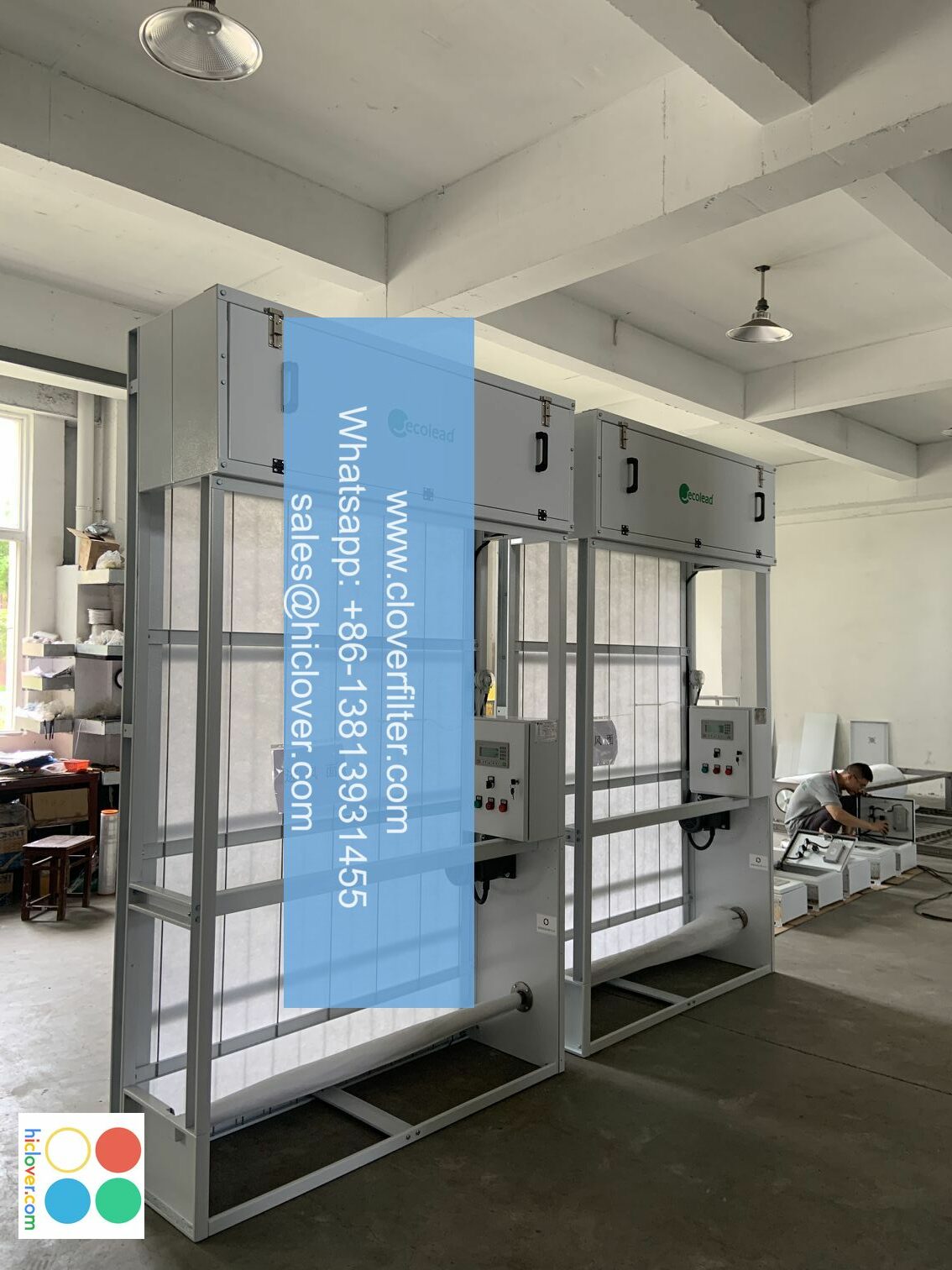Exploring HEPA Air Filters: Pros, Cons, and Uses

Exploring HEPA Air Filters: Pros, Cons, and Uses
What is a HEPA Air Filter?
Air pollution is a growing concern worldwide, and indoor air quality is just as crucial as outdoor air quality. High-Efficiency Particulate Air (HEPA) filters are designed to capture 99.97% of particles as small as 0.3 microns in size, making them an effective solution for purifying the air we breathe. In this article, we’ll delve into the world of HEPA air filters, exploring their pros, cons, and various uses to help you make an informed decision for your home, office, or industrial space.
Pros of HEPA Air Filters
- Exceptional Filtration Efficiency: HEPA filters trap particles as small as 0.3 microns, including dust, pollen, pet dander, and other allergens, ensuring a significant reduction in airborne pollutants.
- Improved Indoor Air Quality: By removing pollutants, HEPA filters help to reduce odors, unpleasant smells, and airborne particles, resulting in a fresher and more comfortable environment.
- Reduced Allergy Symptoms: By removing allergens, HEPA filters can alleviate symptoms of hay fever, asthma, and other respiratory issues, making them an essential solution for individuals with allergies.
- Longer Filter Life: HEPA filters are designed to last longer, often up to 6-12 months, depending on usage and maintenance requirements.
- Higher Cost: HEPA filters are generally more expensive than traditional air filters.
- Restricitve Airflow: HEPA filters can reduce airflow by up to 50%, which may not be suitable for spaces with high air volume requirements.
- Require Regular Maintenance: HEPA filters need to be properly cleaned and replaced regularly to maintain their effectiveness.
- Potential for Filter Damage: Improper installation, cleaning, or maintenance can damage the filter, reducing its performance.
- Home Air Purification: Install HEPA filters in your home to capture pollutants, allergens, and odors, creating a healthier and more comfortable living space.
- Industrial Air Quality Control: HEPA filters are used in various industries, such as manufacturing, healthcare, and hospitality, to maintain a clean and safe working environment.
- Commercial Spaces: Office buildings, schools, and other public areas can benefit from HEPA filters to reduce airborne pollutants and improve indoor air quality.
- Medical Settings: HEPA filters are often used in hospitals, clinics, and medical offices to create a sterile environment and reduce the risk of airborne transmission.
- Always choose a HEPA filter that is certified by a reputable testing organization, such as the Association of Home Appliance Manufacturers (AHAM) or the International Association of Testing and Certification (IATC).
- Regularly clean and inspect your HEPA filter to ensure optimal performance and extend its lifespan.
- Consider combining HEPA filters with other air purification technologies, such as UV light or activated carbon, for enhanced air quality.
Cons of HEPA Air Filters
Uses of HEPA Air Filters
Conclusion
HEPA air filters offer an effective solution for improving indoor air quality, alleviating allergy symptoms, and providing a healthier environment. While they may have some cons, the benefits of using HEPA filters far outweigh the drawbacks. When considering HEPA filters for your space, it’s essential to weigh the pros and cons, assess your specific needs, and choose the right type and size of filter for your application.
Additional Tips and Considerations
By understanding the benefits, drawbacks, and applications of HEPA air filters, you can make an informed decision and create a healthier, more comfortable environment for yourself and those around you.
It seems you’ve started a conversation! However, I’m not sure what you’d like to talk about or ask. If you could provide a prompt or clarify what’s on your mind, I’d be happy to help. Go ahead and share what’s on your mind, and I’ll do my best to assist you.

